Introduction
Are Pigeons Good Pets: Pigeons are often overlooked as potential pets, overshadowed by more traditional companion animals like dogs or cats. However, these humble and often misunderstood birds can make surprisingly wonderful and rewarding pets for the right individuals. While they may not possess the same cuddly appeal as some other animals, pigeons offer unique qualities and characteristics that can make them great additions to the lives of those who appreciate their subtle charm.
We will delve into the reasons why pigeons can be excellent pets, highlighting their low-maintenance nature, social tendencies, and the joy they bring to those who choose to share their homes with these avian companions. Pigeons, often seen as symbols of urban landscapes and historical significance, have a long history of companionship with humans. These birds have played pivotal roles in various cultures and have even been used for messaging purposes in the past.
A growing appreciation for pigeons as pets, thanks to their adaptability and unique personalities. One of the key advantages of having pigeons as pets is their low-maintenance nature. Unlike many other animals, pigeons don’t require constant attention or elaborate care routines. They are self-sufficient when it comes to feeding, often thriving on a diet of grains and seeds. Their low-cost dietary needs make them an affordable pet choice for those who may be on a budget.
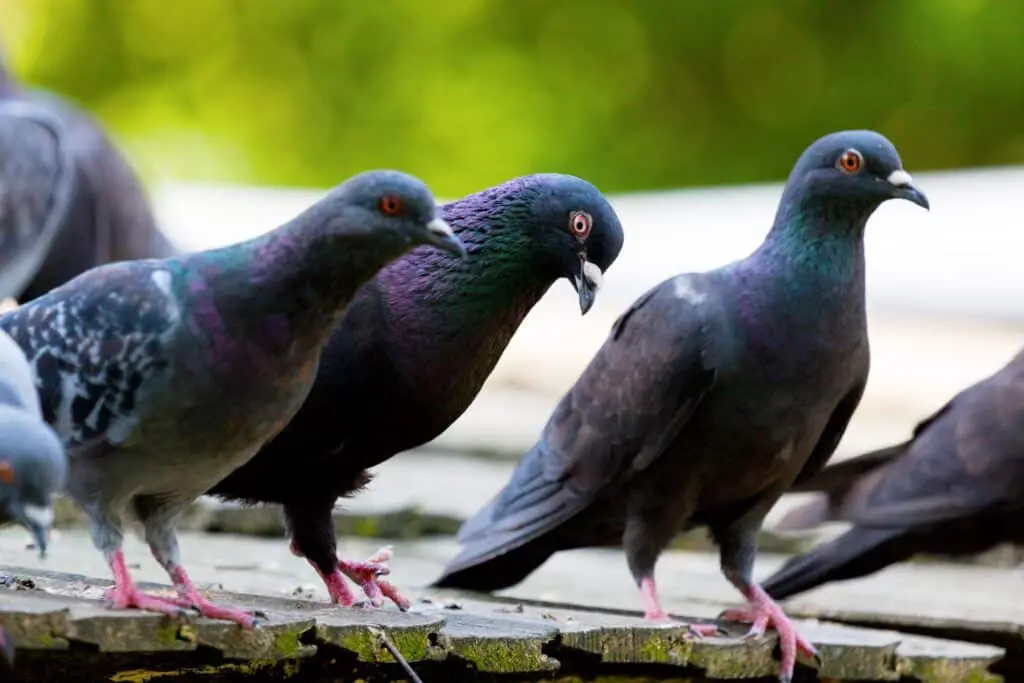
Is it good to keep pigeons at home?
Pigeons are smart, easy going birds that quickly learn household routines. They do fine in homes with other pets and can live peacefully and unafraid with dogs and cats as long as they are kept safe. Pigeons are very emotional and do need a BFF, whether another bird or a human with whom they can spend the day.
Space: Pigeons, like any pet, require adequate space to live comfortably. You’ll need to provide them with an appropriate enclosure or aviary, whether it’s indoors or outdoors, depending on the type of pigeons you want to keep. Consider whether you have enough space to accommodate their needs.
Local Regulations: Check your local laws and regulations regarding the keeping of pigeons as pets. Some areas may have restrictions on the number of pigeons you can keep, zoning laws, or health and safety regulations that you must adhere to.
Commitment: Pigeons, like all pets, require time, attention, and care. They need regular feeding, clean water, and a clean living environment. You’ll need to be committed to their well-being and willing to provide for their needs.
Allergies: Consider any allergies you or your family members might have to feathers, dander, or bird-related allergens. Pigeons can produce allergens that may affect sensitive individuals.
Noise: Pigeons are known for their cooing, which some people find soothing, while others may consider it noisy. Think about whether you and your neighbors are comfortable with the sounds pigeons make.
Lifestyle: Your lifestyle and daily routine can also impact your ability to care for pigeons. Travel or long periods away from home may require you to arrange for their care in your absence.
Interaction: Pigeons can form bonds with their human caregivers, but they may not be as interactive or affectionate as some other pets like dogs or cats. Consider what kind of companionship you’re looking for in a pet.
Do pet pigeons run away?
Your pet pigeon or dove doesn’t want to get lost but many do, especially when allowed to hang around outside in the backyard or ride along unprotected on their person’s shoulder. And clipped wings do not protect birds outside.
Unsecured Enclosures: If pet pigeons are kept in outdoor aviaries or enclosures that are not properly secured, they may find a way to escape. Ensuring that their living space is escape-proof is crucial.
Fear or Stress: Pigeons, like all animals, can become frightened or stressed in certain situations. Loud noises, predators, or sudden disturbances can startle them and cause them to flee.
Mating Instinct: During breeding season, male pigeons (cocks) may become more territorial and may fly away in search of a mate. This can happen even if they have formed a bond with their human caregivers.
Health Issues: Sick or injured pigeons may attempt to escape or hide as a survival instinct.
Is it safe to take care of a pigeon?
Pigeons do great indoors as family pets. They can also live outside in a predator & rodent-proof aviary but I would never make a single pigeon live outside alone. They are flock birds and to be outside alone is stressful and lonesome for a pigeon.
Zoonotic Diseases: Pigeons can carry diseases such as avian influenza, salmonella, and histoplasmosis, which can be transmitted to humans. Regular hand washing and maintaining good hygiene practices are essential to reduce the risk of disease transmission.
Bites and Scratches: While pigeons are not known for aggressive behavior, they may bite or scratch if they feel threatened or cornered. Handling them gently and calmly can help avoid such incidents.
Cage Safety: If you’re housing pigeons in a cage or aviary, ensure that the enclosure is secure to prevent escapes and protect them from predators. Regularly inspect the enclosure for any potential hazards.
Proper Diet: Providing pigeons with a balanced and appropriate diet is essential for their health. Consult with a veterinarian or avian expert for guidance on their dietary needs.
Vet Care: Regular veterinary check-ups are crucial to monitor the health of your pigeons and address any potential health issues promptly.
Legal Considerations: Check local regulations and laws regarding the keeping of pigeons as pets. Some areas may have restrictions on the number of pigeons you can keep or other requirements.
Allergies: Be aware that pigeon feathers and dust can trigger allergies in some individuals, so it’s essential to consider potential allergies in your household.
Are pigeons calm pets?
Doves and pigeons make excellent pets for a variety of reasons: They are attractive. They are quiet and unobtrusive, with a calming, gentle voice. They are easy to tame.
Pigeons are generally known for their calm and gentle temperament, which makes them well-suited to being kept as pets. Unlike some other birds, pigeons are not typically aggressive or prone to sudden outbursts of agitation. Their calm demeanor is one of the reasons why they can be enjoyable companions for those looking for peaceful and low-maintenance pets.
Pigeons tend to be docile and easygoing, often cooing softly and going about their business without causing disruptions. They are social animals that can form strong bonds with their human caregivers, and they often enjoy gentle interaction and attention.
Their tranquil nature makes pigeons suitable for households with children or individuals who prefer a quieter and less demanding pet. They can be easily trained to perch on a hand or shoulder and may even respond to basic commands.
What is Vastu about pigeons?
Pigeons, according to Vastu, are devotees of Goddess Lakshmi. The pigeon is a symbol of happiness and peace, but different people have different beliefs about the pigeon’s arrival in the house. In such a case, it is auspicious to enter the house, whereas many people believe that staying in the house increases bad luck.
Pigeon Pots and Designs: In Vastu, it is believed that having pigeon pots or nesting spaces on the roof or balconies of a home can bring positivity and harmony to the household. These pots are intended to attract pigeons, and their presence is seen as a sign of blessings.
Positioning Matters: The placement of pigeon pots or areas where pigeons can nest is important in Vastu. It is often recommended that these be situated in the north or northeast direction of the house. This positioning is believed to enhance the flow of positive energy prana in the home.
Pigeons as Messengers: Pigeons have historically been associated with communication and are sometimes seen as messengers of good news. In Vastu, the presence of pigeons is thought to bring messages of positivity and joy into the home.
Balancing Energies: Vastu aims to balance the five elements earth, water, fire, air, and space and create harmony between them. Pigeons, being creatures of the air element, are considered beneficial for maintaining this balance.
How long do pet pigeons live?
In captivity, pigeons commonly live up to 15 years and sometimes longer. In urban populations, however, pigeons seldom live more than 2 or 3 years.
Diet and Nutrition: Providing a balanced and nutritious diet is crucial for the health and longevity of pet pigeons. Proper feeding ensures they receive essential vitamins and minerals, contributing to a longer life.
Veterinary Care: Regular check-ups with an avian veterinarian are essential to monitor the bird’s health and address any potential issues early. Vaccinations and preventive care can extend their lifespan.
Safe Environment: Creating a safe and stress-free living environment is vital. Pigeons should be protected from predators, extreme weather conditions, and harmful substances that may affect their health.
Social Interaction: Pigeons are social birds and benefit from interaction with their human caregivers or other pigeons. Mental stimulation and companionship contribute to their overall well-being.
Genetics: Some pigeon breeds have longer lifespans than others due to their genetics. Researching the specific breed and its typical lifespan can provide insights into what to expect.
Stress Management: Minimizing stress factors in their environment is important. Sudden changes, loud noises, or overcrowding can negatively impact their health and longevity.
How do I know if my pigeon likes me?
Spending time playing with you indicates your bird is in a good mood. They are relaxed and feel safe around you because they are focusing on something other than monitoring their environment. If you catch your feathered friend hanging upside down, it is a good sign that they are happy and feel safe.
Cooing and Purring: Pigeons often coo softly when they are content and relaxed. If your pigeon coos or purrs when you approach or interact with them, it’s a sign of comfort and trust.
Approachability: A pigeon that willingly comes to you or allows you to approach without signs of fear or aggression is likely comfortable and feels safe in your presence.
Perching: If your pigeon willingly perches on your hand, shoulder, or head, it’s a sign of trust. Pigeons value elevated positions as it gives them a sense of security.
Nuzzling and Preening: Pigeons may nuzzle against your hand or clothing as a sign of affection. They may also gently preen your hair or clothing, which is a way of showing care and bonding.
Relaxed Body Language: Observe your pigeon’s body language. A pigeon that stands tall and has a relaxed posture around you is likely comfortable and content.
Following You: If your pigeon follows you around or tries to stay close when you’re in the same room, it’s a sign of attachment and companionship.
Sharing Food: Sharing food is a common bonding behavior among pigeons. If your pigeon offers you food or eats from your hand, it’s a sign of trust and affection.
Can we pet a single pigeon?
Because pigeons are social animals, keeping a single one is only recommended if you’re sure you can offer enough time and companionship to keep your pigeon happy. You should also consult local regulations to verify that you are permitted to keep pigeons.
Social Animals: Pigeons are naturally social birds and tend to thrive in the company of other pigeons. If you plan to keep a single pigeon, be prepared to provide ample social interaction and companionship yourself. Spend quality time with your pet to prevent loneliness and ensure their emotional well-being.
Bonding: Building a strong bond with a single pigeon is often easier than with multiple birds, as they can form a deep connection with their human caregivers. Regular handling, gentle interactions, and positive reinforcement can help foster a close relationship.
Enrichment: To keep a single pigeon mentally and physically stimulated, provide a stimulating environment. Offer toys, perches, and opportunities for flight within a safe enclosure. Social interaction with you and exploration can help prevent boredom.
Healthcare: Regular veterinary check-ups are essential for a single pet pigeon. Monitor their health closely and address any health concerns promptly, as there won’t be other pigeons to provide companionship and support if they become ill.
Consider Adoption: Consider adopting a single pigeon from a rescue organization or animal shelter. This way, you can provide a home for a pigeon in need and potentially find a bird that has been socialized with humans.
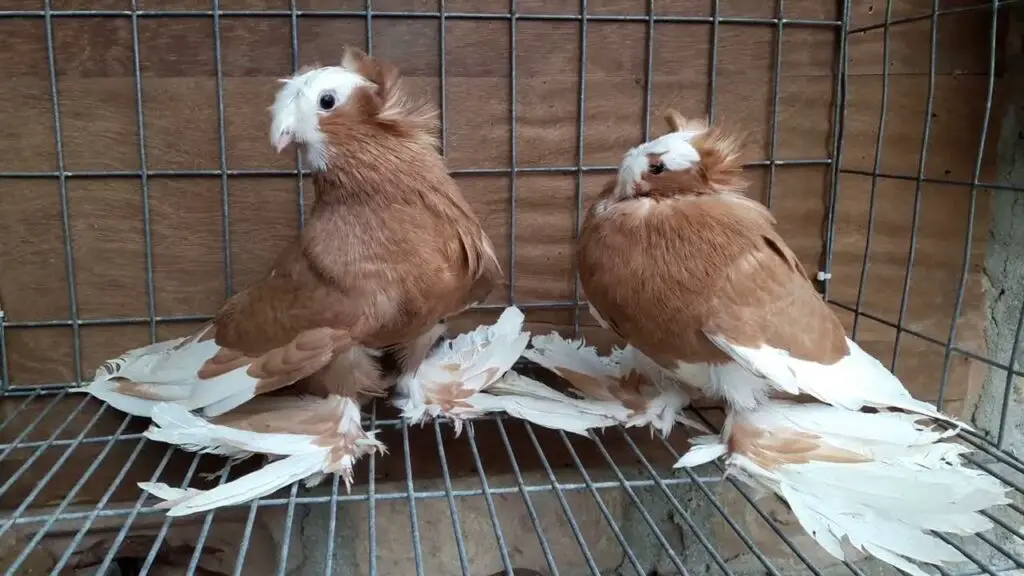
Conclusion
While pigeons may not be the most conventional choice when it comes to pets, they undoubtedly have their merits as wonderful companions for those willing to appreciate their unique qualities. These birds, often underestimated and overlooked, offer a low-maintenance and budget-friendly pet option. Their gentle and social nature can bring joy and a sense of connection to their owners, fostering a rewarding bond.
Pigeons, with their rich history of coexisting with humans, provide a glimpse into the fascinating world of avian behavior and communication. Whether kept indoors or in outdoor aviaries, they adapt well to different living environments and can thrive with proper care. Like any pet, caring for pigeons requires commitment, understanding, and patience. Learning about their needs and behaviors is essential to ensuring their well-being and happiness in a domestic setting.
For those who are willing to invest the time and effort, pigeons can make surprisingly good pets, offering a unique and enriching experience that goes beyond the ordinary. So, if you’re looking for an unconventional yet delightful pet companion, consider the humble pigeon, and you may discover the joy of having these feathered friends in your life. Pigeons often serve as a gateway to a broader interest in ornithology and bird conservation.

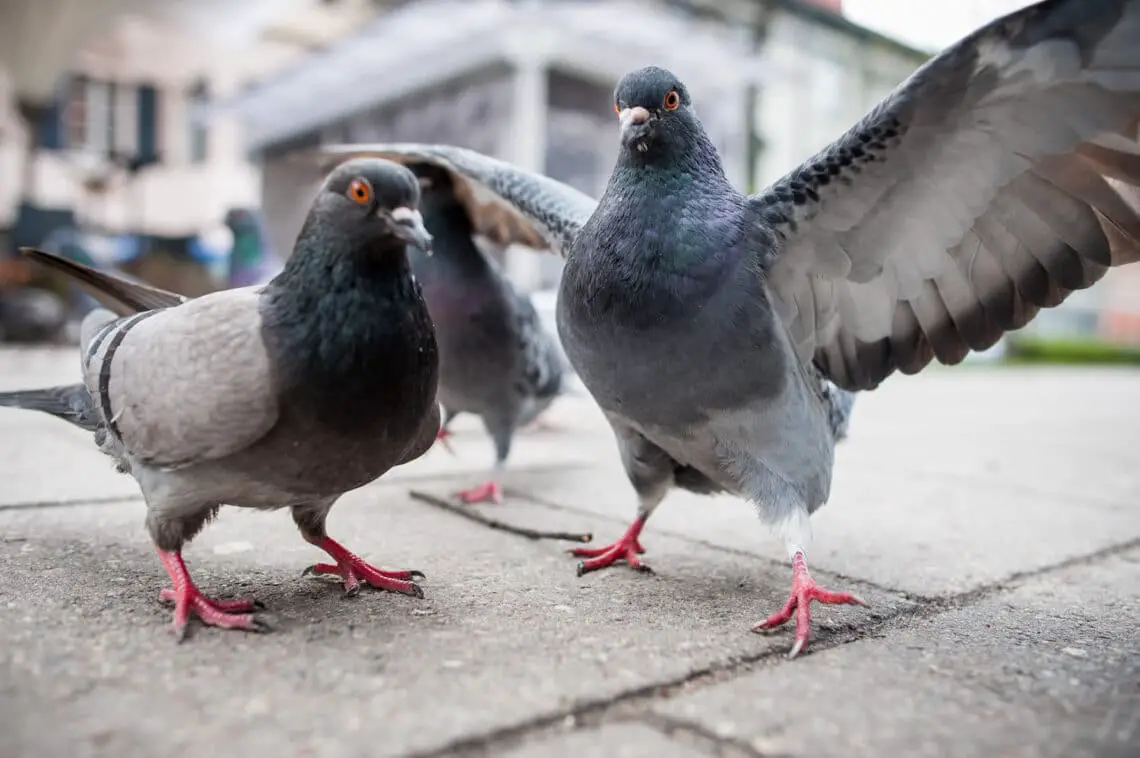
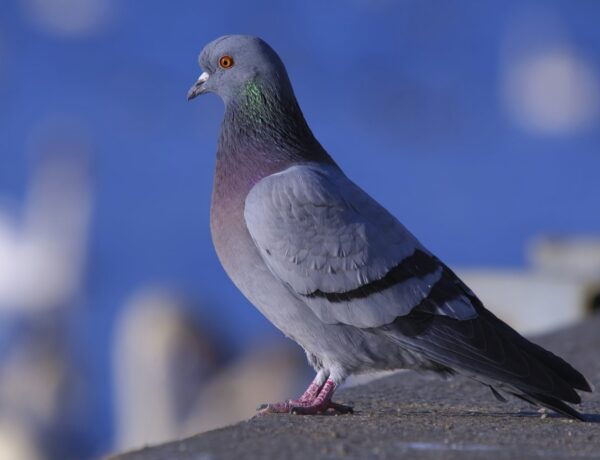

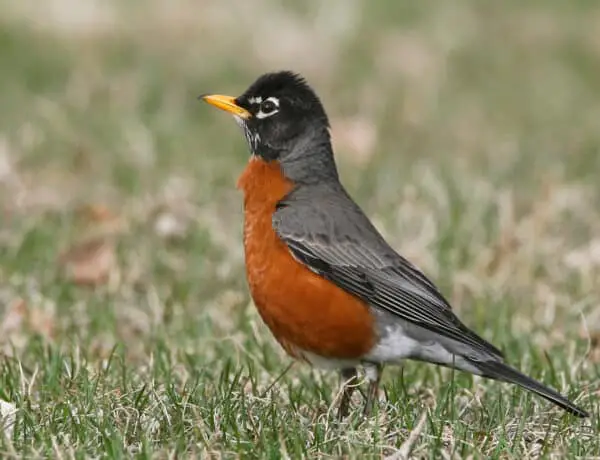
No Comments